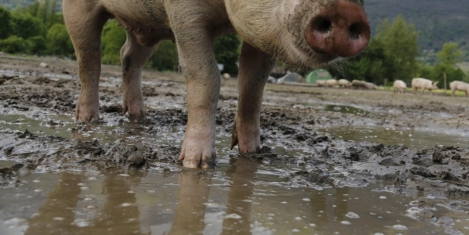September 24, 2025
AI generated ‘workslop’ is destroying productivity, say researchers
 A new analysis published in the Harvard Business Review suggests that the rapid adoption of artificial intelligence tools is undermining productivity in many workplaces rather than improving it. The article introduces the idea of “workslop”, a term used to describe the flood of low quality content and outputs produced by employees leaning too heavily on generative AI systems. According to the research, the number of organisations adopting AI has risen sharply in the past two years, with many leaders assuming the technology would deliver immediate efficiency gains. Yet a study from MIT Media Lab cited in the article found that 95 percent of organisations have seen no measurable return on their investment in AI. Instead of freeing people from routine tasks, many firms are finding that AI is creating new layers of work. Drafts, reports and proposals generated by software are often superficial, incoherent or riddled with errors, requiring staff to spend additional time correcting or recreating them. (more…)
A new analysis published in the Harvard Business Review suggests that the rapid adoption of artificial intelligence tools is undermining productivity in many workplaces rather than improving it. The article introduces the idea of “workslop”, a term used to describe the flood of low quality content and outputs produced by employees leaning too heavily on generative AI systems. According to the research, the number of organisations adopting AI has risen sharply in the past two years, with many leaders assuming the technology would deliver immediate efficiency gains. Yet a study from MIT Media Lab cited in the article found that 95 percent of organisations have seen no measurable return on their investment in AI. Instead of freeing people from routine tasks, many firms are finding that AI is creating new layers of work. Drafts, reports and proposals generated by software are often superficial, incoherent or riddled with errors, requiring staff to spend additional time correcting or recreating them. (more…)




































September 24, 2025
Young people aren’t lazy or disloyal. They just expect different leadership
by Claudia Chianese • Comment, Workplace